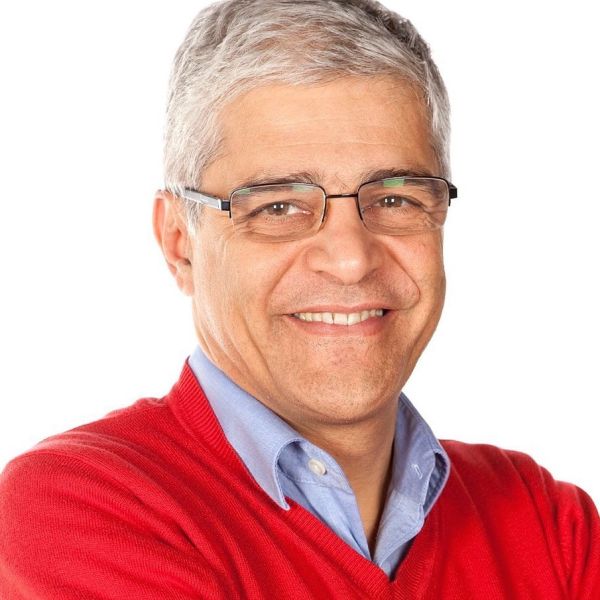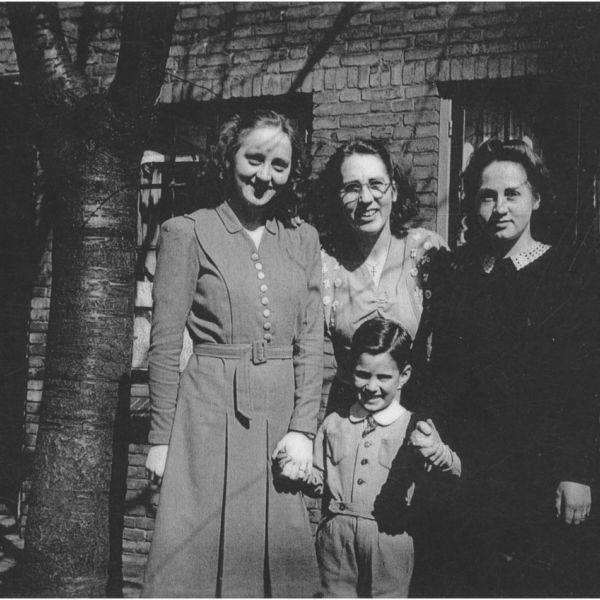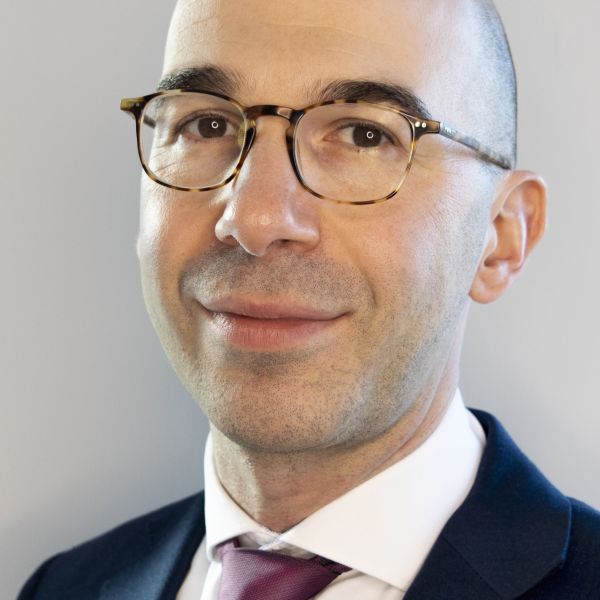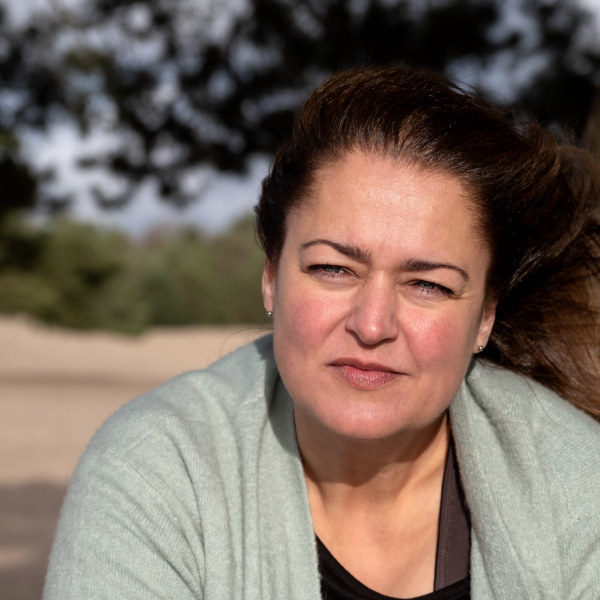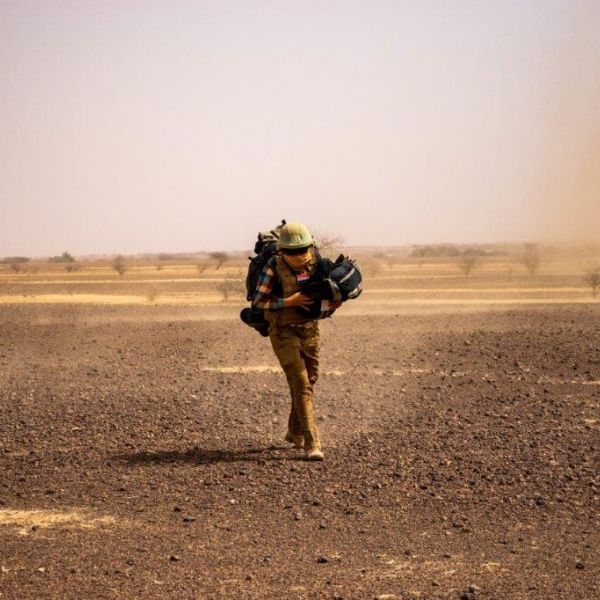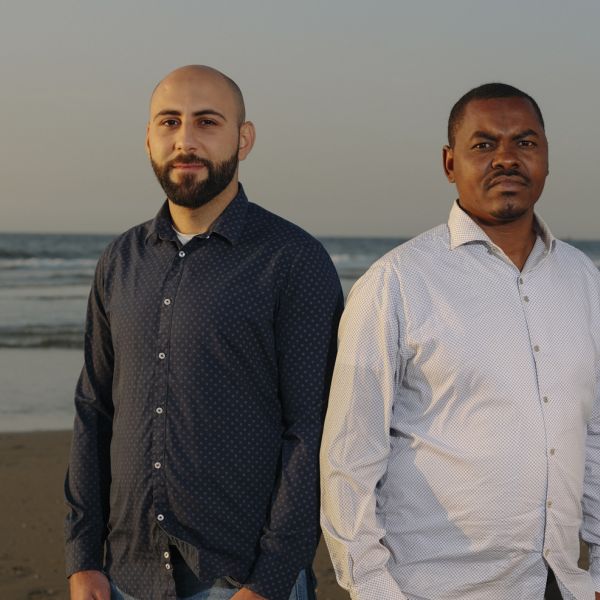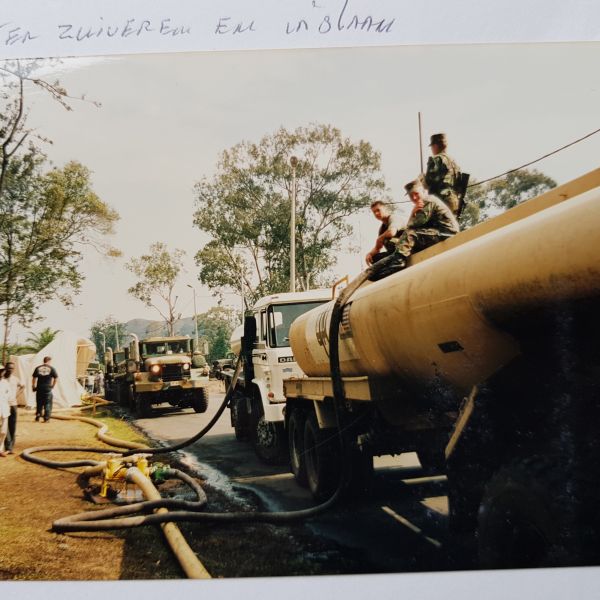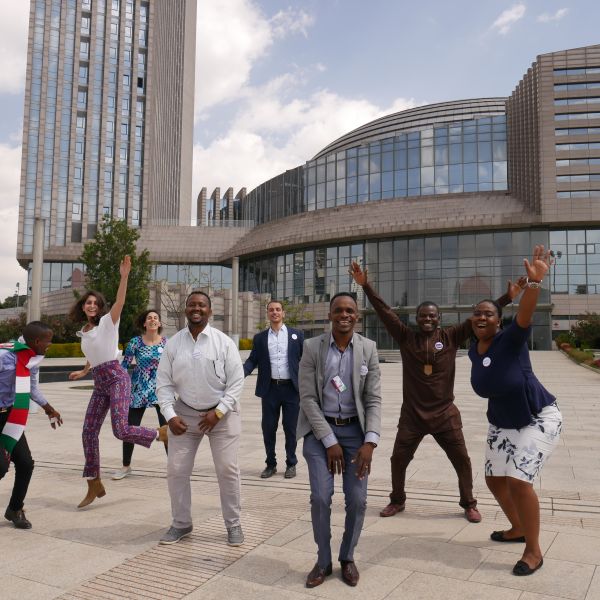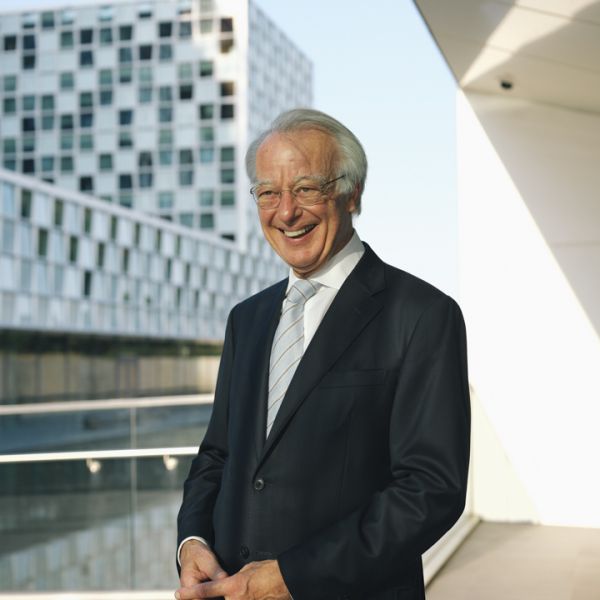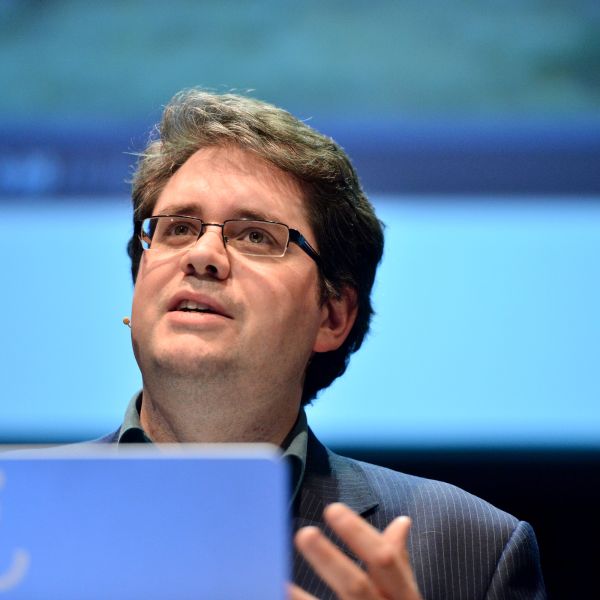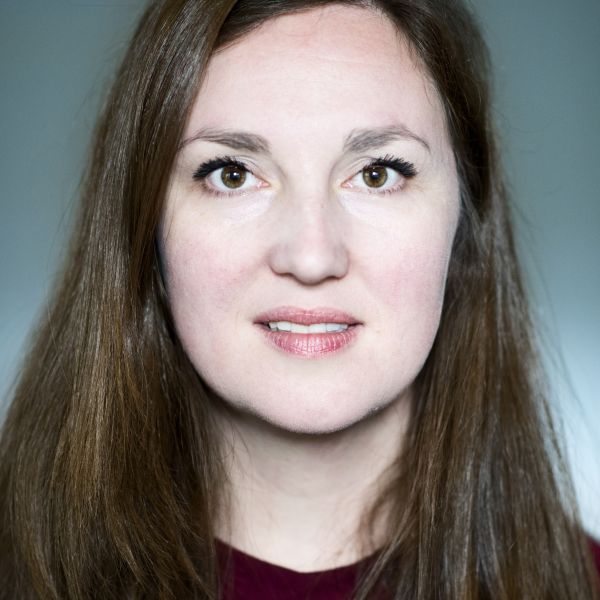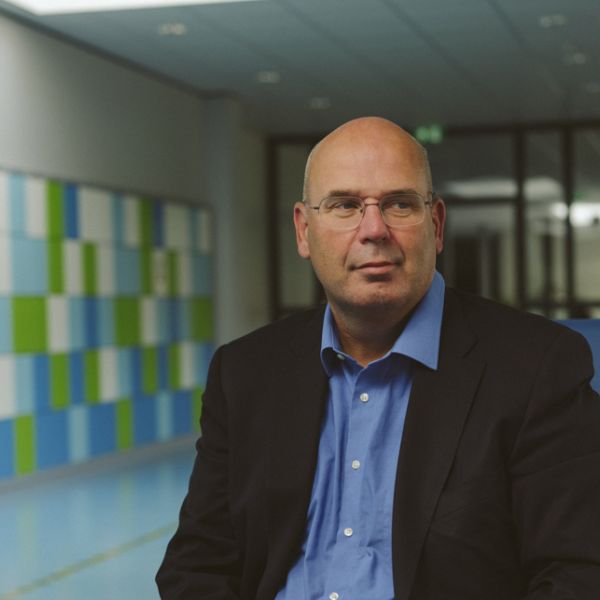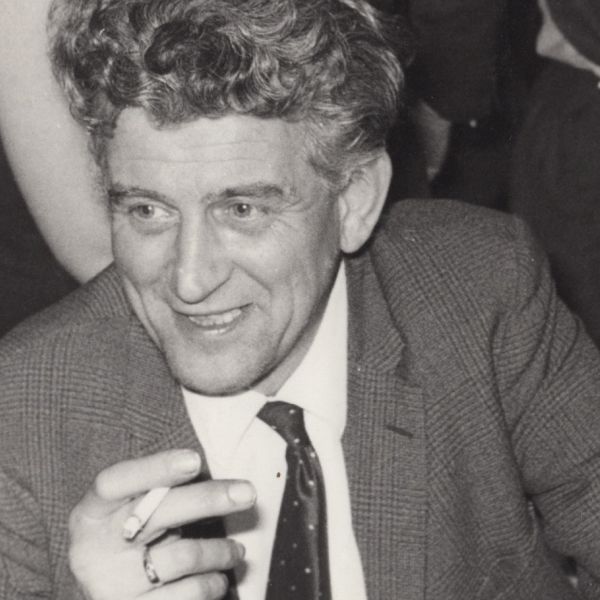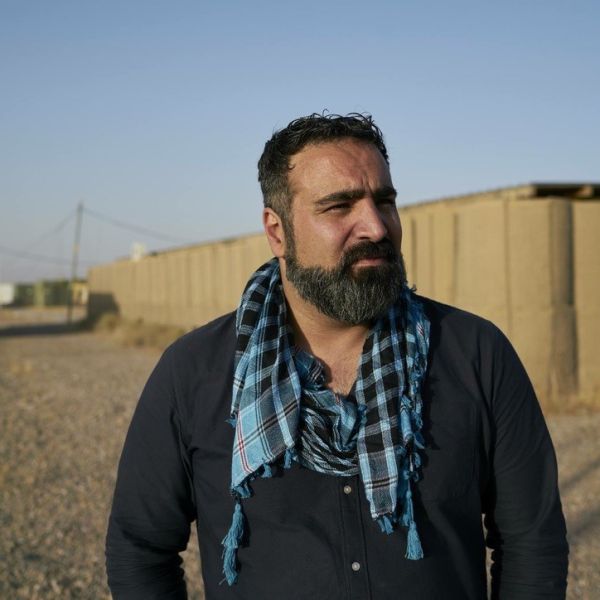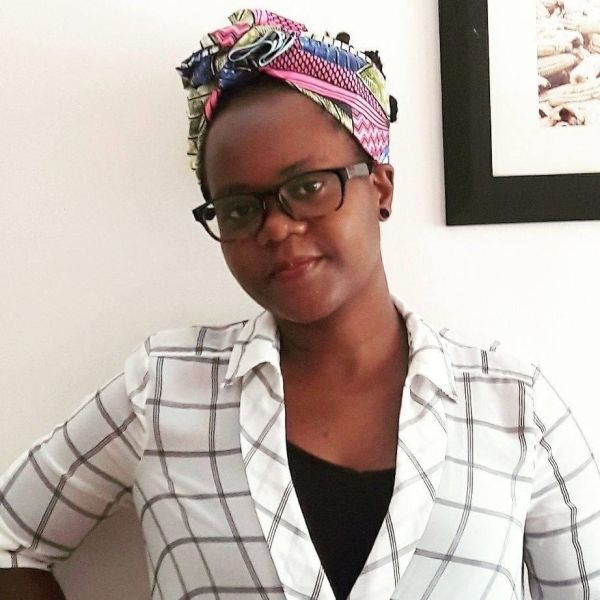75 years of UN in 75 stories: Peter van Balkom
Arnold van Balkom (1914-1951) served in the medical corps of the Royal Netherlands East Indies Army (KNIL), and was involved in many missions. He died in the Korean War. His son Peter van Balkom (1946) looks back on his father’s deeds.
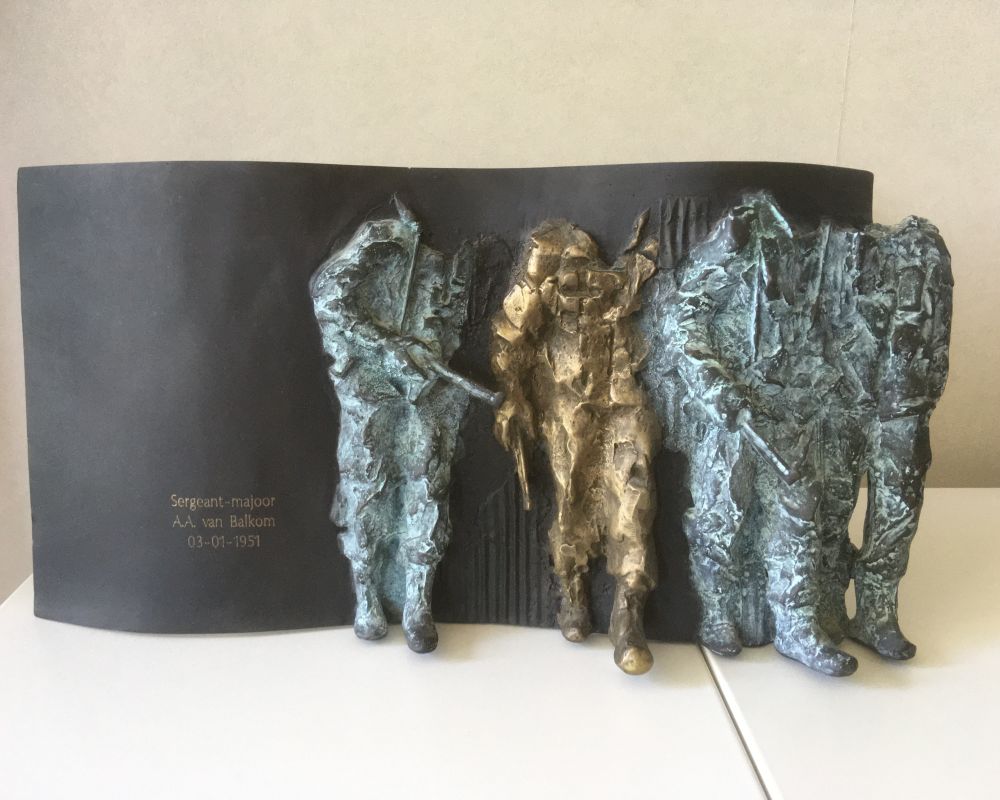
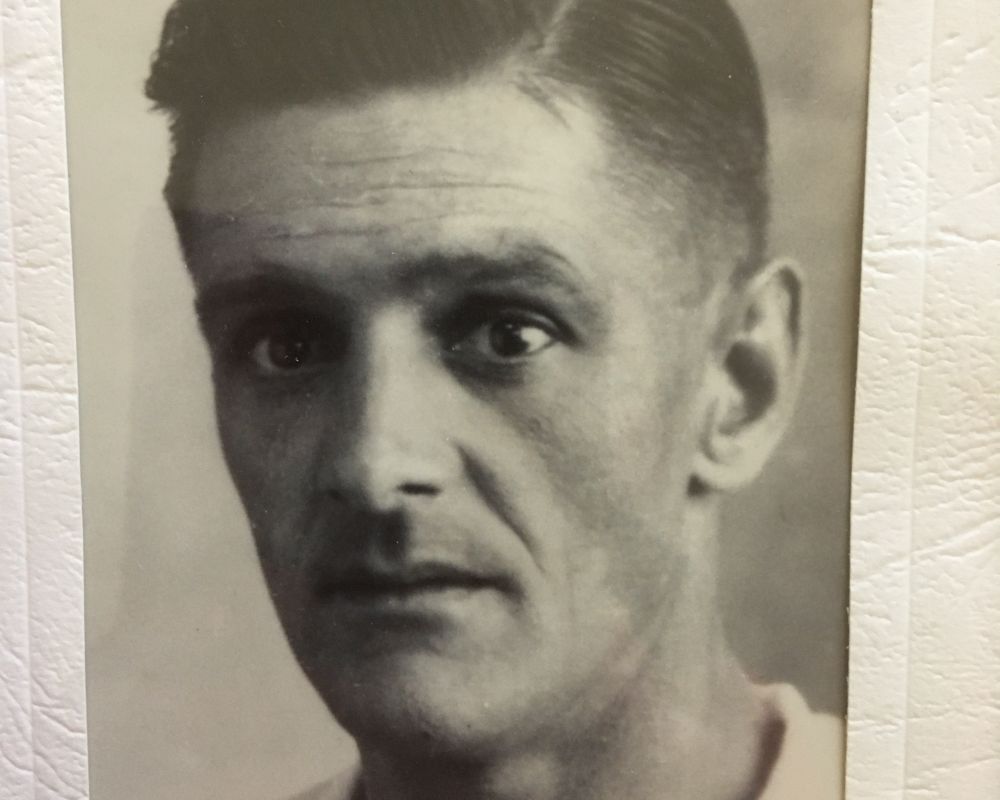
“My father was just doing his job”
Shortly after the War of Indonesian Independence, the Netherlands quickly became involved in another war in Asia: this time in Korea, 1950.
In August 1945, after Japan’s surrender in the Second World War, it pulled its troops out of Japanese-occupied territories in Asia, including Korea. The Soviet Union then occupied the northern part of Korea, with the United States occupying the southern part. The demarcation line – the 38th parallel – between the two occupying zones, which was originally intended to be temporary, very quickly turned into a real border and a line of confrontation. Eventually, the tensions between North and South Korea boiled over into civil war.
After the UN Security Council passed a resolution for a cease-fire and withdrawal of the North Korean troops to the 38th parallel, the Council mandated the international community to force the North Koreans back and restore international peace and security. The UN General Assembly stated in a resolution that the political goal of the UN operation in Korea was to establish an independent, sovereign, unified state under a democratic government, and that the Assembly considered the presence of UN troops desired as long as that goal had not been reached.
Nearly 5000 Dutch soldiers took part in the the Dutch mission in the 1950s; more than 120 never came home.
“My father had a big heart and felt it was his duty to help others”
“I never knew my father. My parents divorced just after I was born; we never talked about him and he died when I was five. When I started digging into the past, it upset my entire family. But when my mother died in 1998, I started looking again. I spoke with my half-sisters, and with people who had served with my father.
I knew that he had been in battles in Djokja, Central and East Java and Sumatra. Then I started to hear stories that I had never had any idea about – he had a big heart and he always felt it was his obligation to help others. During the Bersiap, he came across a home for psychiatric patients, who had just been left to their fate. All the patients were still there, just languishing away, almost like in a pigsty. So he fixed the place up himself, and made sure it was liveable again.
He had only just been back in the Netherlands when the government announced it was sending a detachment of volunteers to Korea under the flag of the United Nations. My father signed up. The Koreans turned out to be spoiling for a fight; the Dutch fell right into a trap, many were killed and three were wounded. Even though it wasn’t part of his duties, my father ran in with stretcher and bandages. He got them out, but in the process got hit himself – ‘straight through the heart, he didn’t suffer’, the commander wrote later in a letter to my father’s wife at that time.
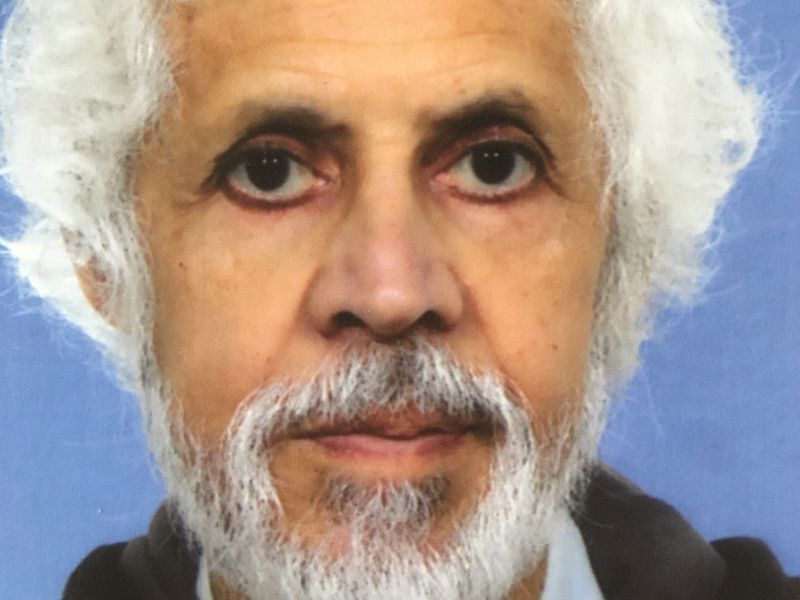
“When it comes down to it, you do what you have to do; does that make you a hero?””
A lot of people see my father as a hero; all the medals he was awarded emphasise that, they say. As I see it, he was just doing his job. I’m a medic now myself; I’ve been working in an ambulance my whole life. There have been plenty of times when I went into crack houses and things like that. Dangerous places, and I didn’t have anyone watching my back. When it comes down to it, you do what you have to do; does that make you a hero? But what did touch me in the stories about my father is that alongside his military duties, he helped people in need. That to me shows his true nature.”
There is only one place on earth where nearly all the nations of the world sit around the table: the United Nations. The UN focuses on issues that transcend the borders of countries or even affect the entire world, such as peace and security, climate change, education, health, cultural heritage, economic development, and more. To many, the work of the UN seems very abstract, but by engaging with rescue workers, peacekeepers, aid workers, diplomats, eyewitnesses, soldiers, and others involved with the UN, it becomes clear how important the work of this organization is. This is exactly what Humanity House has done. Unfortunately, this organization had to close its doors, but Just Peace and Museon-Omniversum have teamed up to preserve their stories. You can now find these stories on Just Peace's website, and some of them are also included in an exhibition about the UN at Museon-Omniversum.
The 75 Years of UN Stories were collected and curated by Frederiek Biemans for Humanity House.

